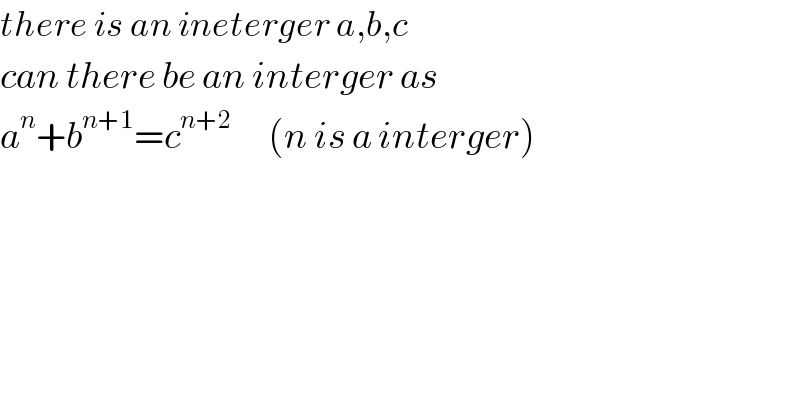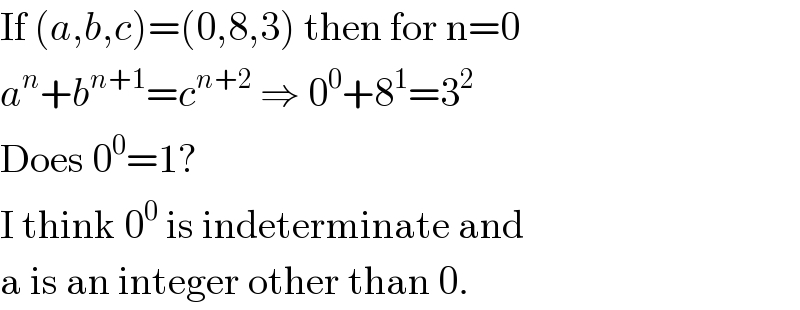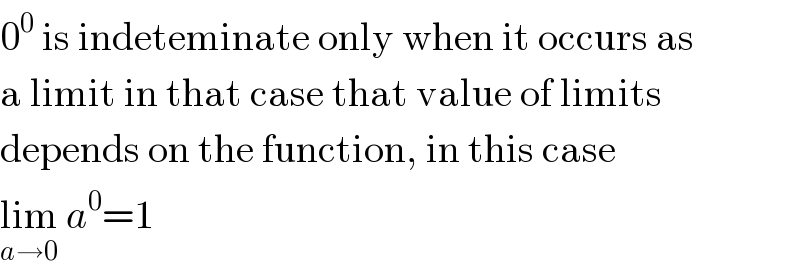
Question and Answers Forum
Question Number 5152 by 1771727373 last updated on 23/Apr/16

Commented by Yozzii last updated on 25/Apr/16

Commented by Rasheed Soomro last updated on 06/May/16

Commented by prakash jain last updated on 08/May/16

Commented by Rasheed Soomro last updated on 08/May/16

